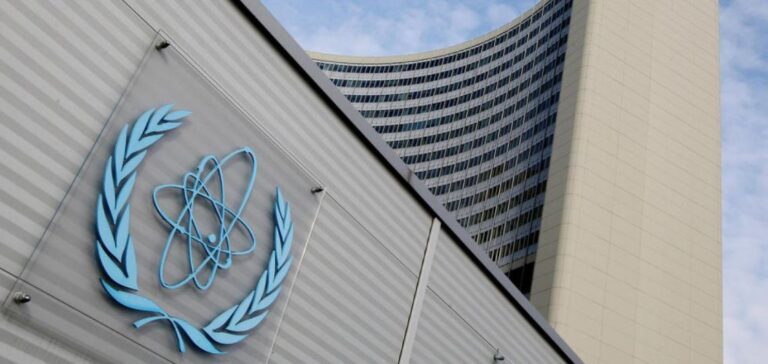The GloWAL initiative, for better water management, was announced by the International Atomic Energy Agency (IAEA). The latter aims to help countries develop their own water management and data strategies.
GloWAL: an IAEA initiative to assist in water management
The IAEA’s Global Water Analysis Laboratory Network (GloWAL) aims to narrow the technical gaps between developed and developing countries while promoting sustainable water management practices. The network fosters partnerships in regional sub-networks around the world and focuses on the United Nations Sustainable Development Goal 6, which aims to ensure access to clean water and sanitation for all.
According to the IAEA, “laboratories capable of generating timely and reliable data are the cornerstone of any country’s ability to better understand and manage its water resources.” The GloWAL network provides independent data generation to developing countries. In addition, it strengthens water management through training grants and staff exchanges.
The IAEA also emphasizes the importance of isotope hydrology for understanding and managing water. By measuring isotope ratios, analysts can track the flow and movement of water, which can help determine water quality and improve management of freshwater resources.
GloWAL’s success is based on sustainable funding and collaboration between countries and organizations
The launch of the GloWAL water management network by the IAEA successfully brought together officials, experts and organizations. As climate change, pollutants and contaminants increase pressure on water resources, decision-makers need accurate data to make informed decisions about land use and urban planning.
IAEA and its partners believe that sustainable funding is critical to the success of the GloWAL network. Thus, they are open to collaboration with international financial institutions, governments, the private sector and public-private partnerships.
The GloWAL network is already having an impact in Tajikistan, where a laboratory will monitor the condition of the glaciers that provide much of the region’s fresh water. By better understanding glacier degradation, the country can more effectively manage water flow. This ensures a more sustainable water supply for its citizens.
Therefore, the launch of IAEA’s GloWAL network represents a significant step towards sustainable water management practices. With reliable data and a better understanding of water resources, decision makers can make informed decisions. It is then a question of ensuring a more secure world in water and food. The success of the network depends on sustainable funding and partnerships between countries and organizations, emphasizing the importance of collective action to address global challenges.





















